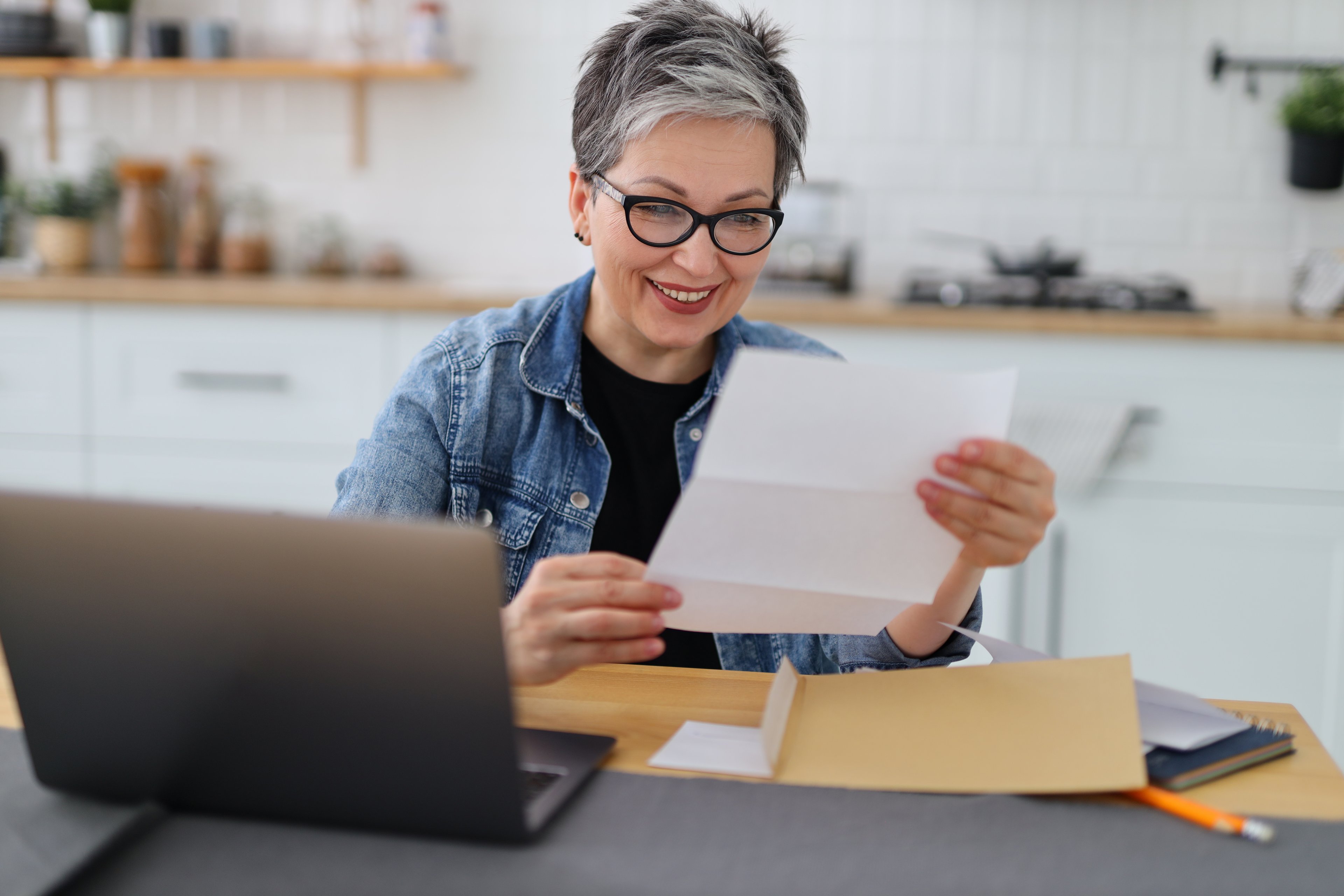Buying a home is a huge financial undertaking, and one that can change your personal economic picture for better or for worse. If you're planning to buy a house in 2017, here are a few strategic tax moves you can make in advance.

IMAGE SOURCE: GETTY IMAGES.
1. Donate unwanted furniture to charity
Moving is expensive, and because most moving companies charge an hourly rate, the more stuff you have to haul, the pricier your move will be. So if you have furniture at your current abode that you don't plan to use in your new home, be sure to donate it to a registered charity before you move. As long as you retain an itemized receipt, you can take a tax deduction for the goods you donate. This will not only lower your taxes but minimize your moving costs as well.
2. Track your moving expenses
If you're buying your new house in a different location than your current one because of a job, you may be able to write off certain costs associated with your move. To qualify, you'll need to pass a couple of IRS-imposed tests. The first is the time test, which states that you must work full-time for 39 out of the 52 weeks immediately following your move. The second is the distance test, which states that the distance between your old home and your new job must be at least 50 miles more than that of your old home and former job. If you meet these criteria, you can deduct expenses such as the cost of hiring movers and putting your stuff in storage, so be sure to track what you spend along the way. Best of all, you can take this deduction even if you don't itemize on your taxes.
3. Pay more taxes if you're self-employed
If you're self-employed and are planning on buying a home next year but haven't yet secured a mortgage, paying more taxes could work out in your favor. Now you may be thinking: Who on earth wants to pay more taxes, and what does paying more taxes have to do with buying a house? But the truth is, the more taxable income you're able to show, the more desirable a loan candidate you're likely to be. So if you're used to writing off as many business expenses as possible to lower your taxable income (like most self-employed individuals tend to do), you may want to go easy on those deductions this year to increase your chances of getting approved.
4. Estimate your home-related tax benefits
One of the biggest financial mistakes you can make is taking on too much house. As a general rule, you shouldn't spend more than 30% of your take-home pay on housing, and that includes all the peripheral expenses, like homeowners' insurance and property taxes. On the other hand, once you do buy a home, you'll be eligible for certain tax benefits -- namely, the mortgage interest deduction. Now when some prospective homebuyers learn about this, they take it as an invitation to spend more on housing with the logic that they'll get some of that money back in taxes. But in reality, your deductions may be lower than you think, so it's important to get an accurate sense of how much you really stand to save. You can use this handy calculator to help determine what your mortgage interest deduction might look like.
Buying a house can be a rewarding decision in more ways than one. A few key tax moves up front could make the process far more manageable financially.





